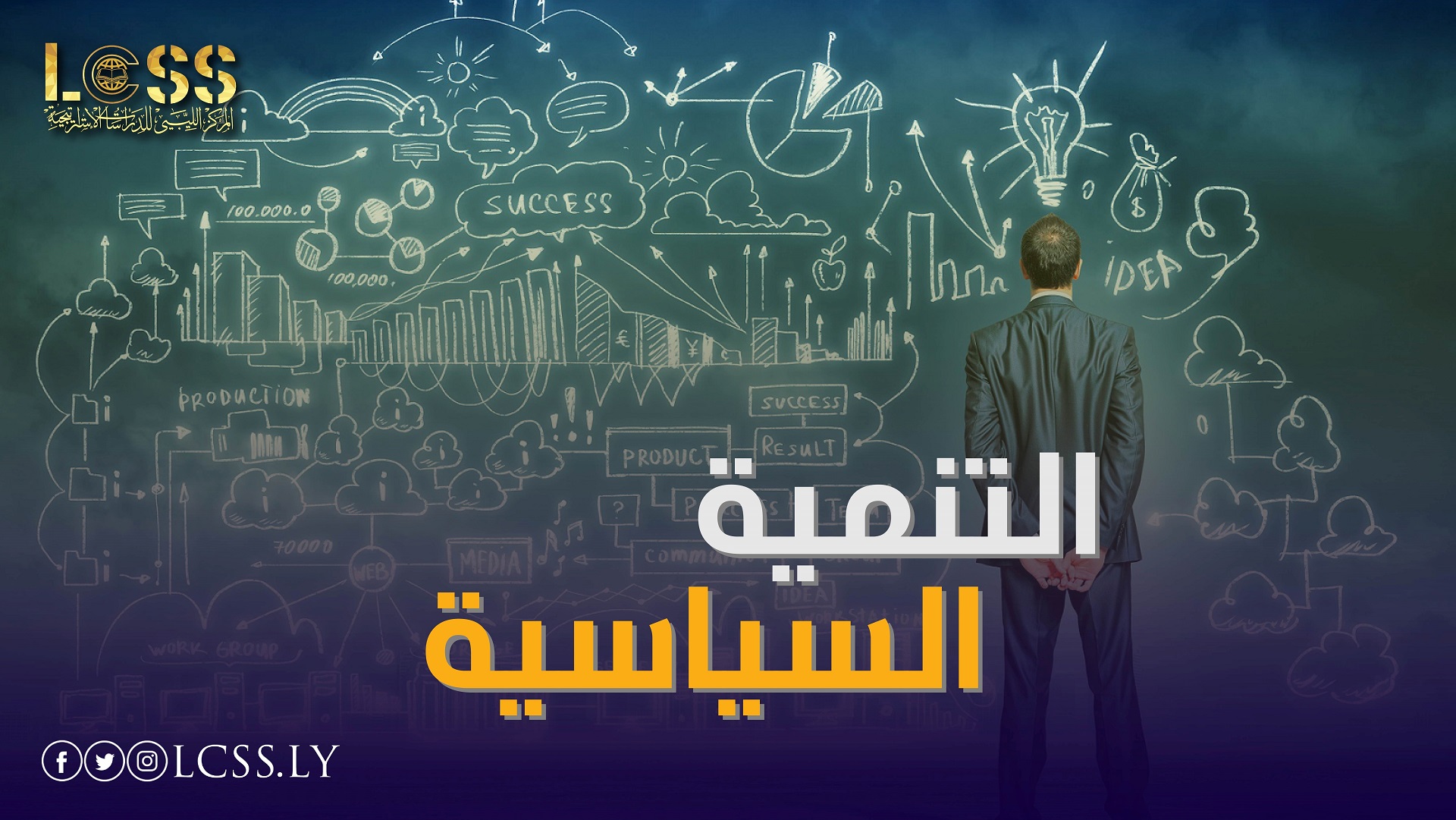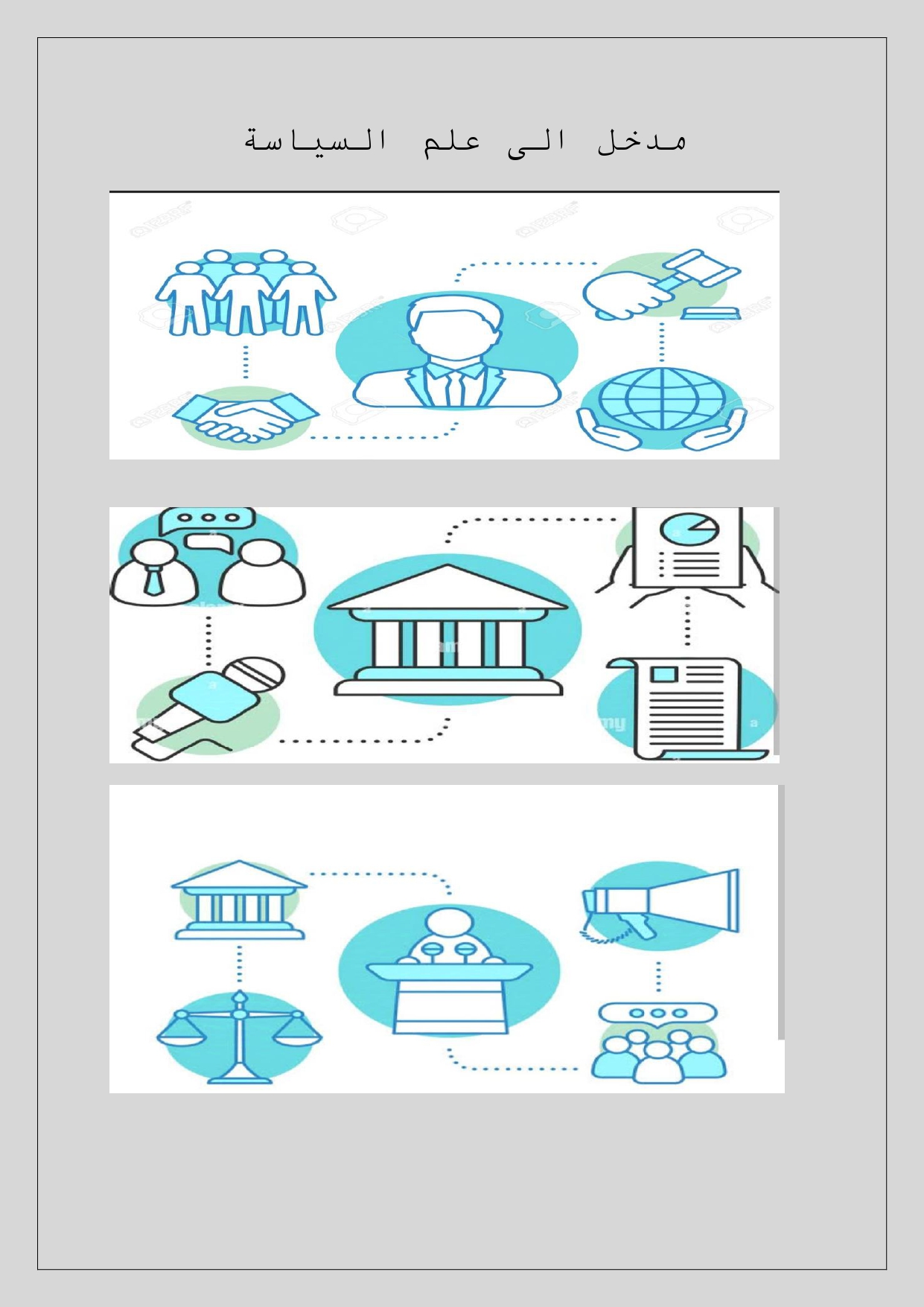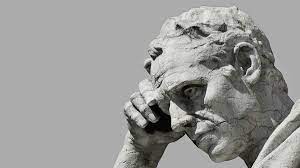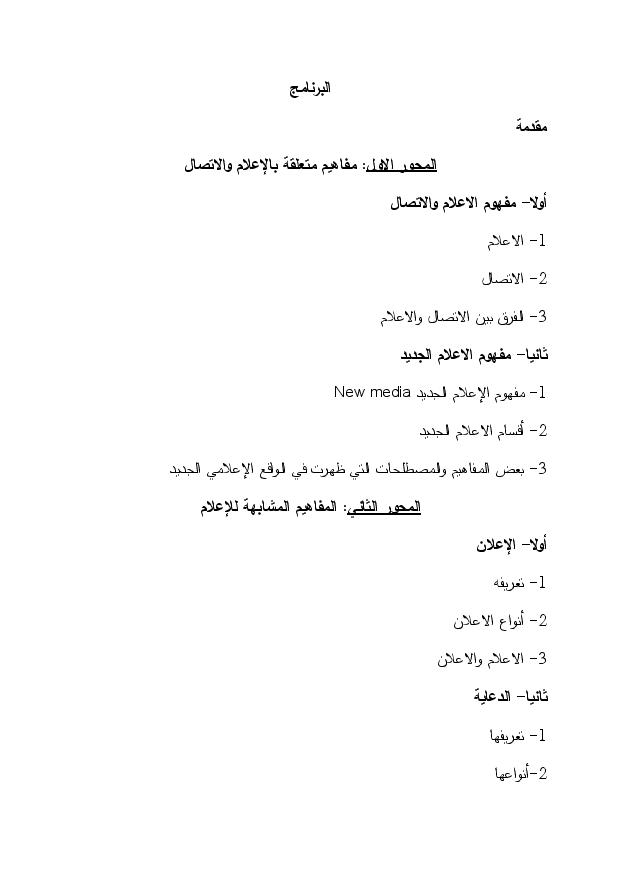- Enseignant: Amine Belkacem MOUDERAS

تشكل
مادة منهجية البحث العلمي بوصلة التفكير
الإنساني المنظم والمضبوط التي تساهم في إنتاج المعرفة العلمية بشكل ممنهج وكما
تتبوأ هذه مكانة محورية ضمن الدراسات العلمية فهي الوسيلة التي من خلالها يتمكن الباحث من الوصول إلى حقائق علمية دقيقة ، كما
تساعد على تحليل الظواهر بما فيها الظاهرة السياسية وتفسيرها ومعالجتها ، ودراستها
بناء على فهم السلوكيات والتغيرات البيئة المستجدة، ولا يتأتى ذلك إلا بواسطة إتباع
منهجية علمية قائمة على أسس ركيزة ومعتمدة ، في ذلك على مناهج علمية وأدوات لجمع
المعلومات والبيانات.
وعليه، فإن هذه المادة تعتبر من المواد التعليمية
الأساسية التي ينبغي على الطالب أو الباحث أو الدارس للعلوم السياسية على وجه
التحديد معرفتها وفهمها فمها .جيدا
- Enseignant: Ibtissem MOKEDDEM

- Enseignant: Khedidja ATTOU

- Enseignant: SIHAM BEDDOUBIA
Modern History of Political Thought is a subject about the main trends of political philosophy in the modern era based on a logical relationship between the emergent ideologies about politics that came after the old and medieval ages, during the old civilizations and that concerned the Roman political structure, the Christian Political Philosophy, the Islamic political Philosophy.
The focus in this subject is about the European Renaissance, the European Enlightenment and the Islamic modern political thought besides the liberal, socialist and nationalist ideologies.
This course entitled with “Modern History of Political Thought” enables you to be familiar with the necessary tools that lead to the mastery of historical analysis that is based on political philosophy.
- Enseignant: HANANE BRAHMI

- Enseignant: khadidja mamar

Building upon the theoretical foundations established in the first semester, this second-semester course delves deeper into the practical application of economic theories to real-world economic activity and contemporary issues. Students will explore the dynamics of economic systems, analyzing the factors influencing production, distribution, and consumption of goods and services.
- Enseignant: nawel benessalah

History of political thought 2 is a course that is designed, in the 2nd semester to acquaint students with the relevant political thoughts in ancient and medieval ages. It is divided into 3 parts; they include an introduction to essential modern political thought from the renaissance European Era and the major thinkers. In addition, the philosophers of the Enlightenment, then the Islamic political thought in the modern era. The socialist political philosophy and Models of modern socialist thought.

- Enseignant: abdelkader ghenissa


